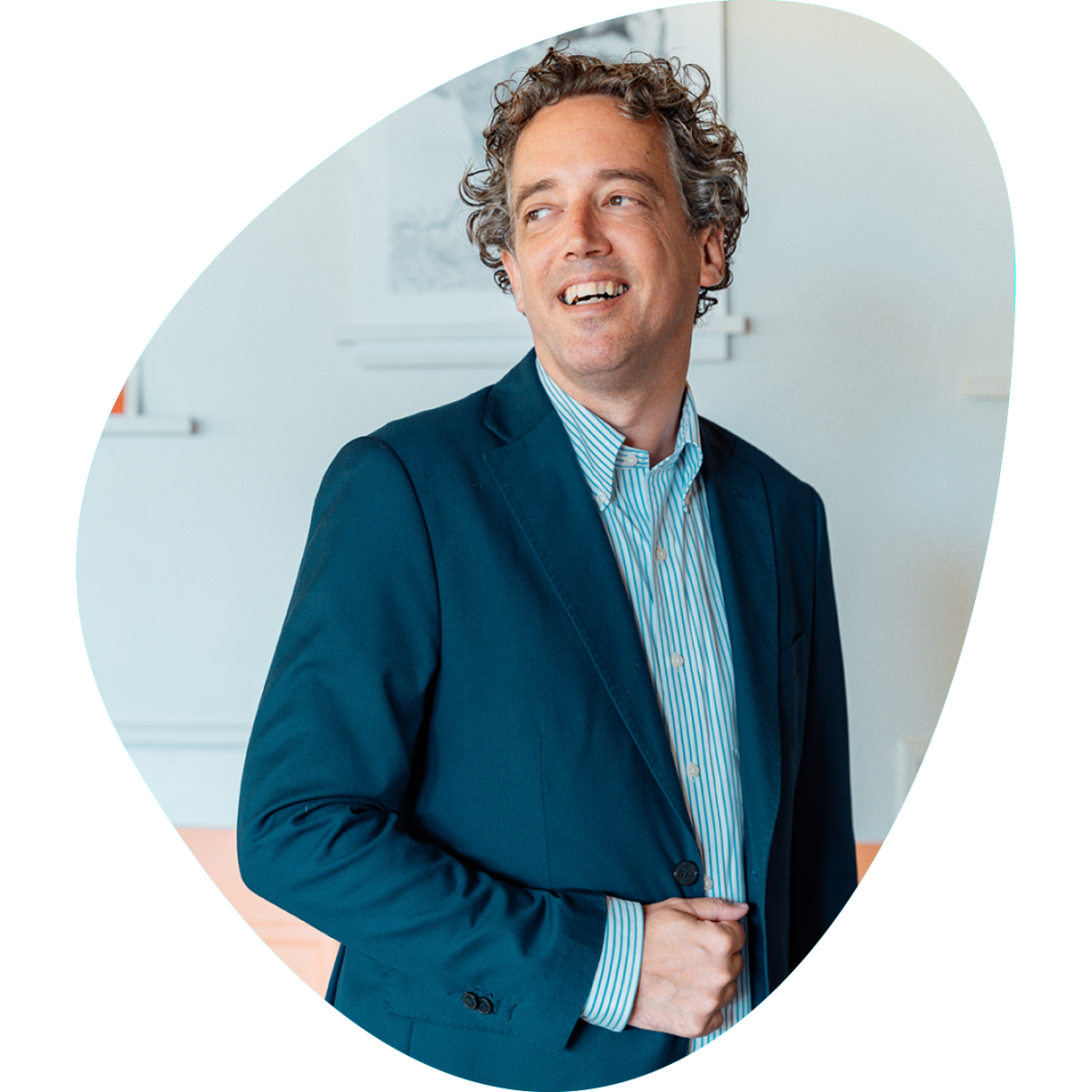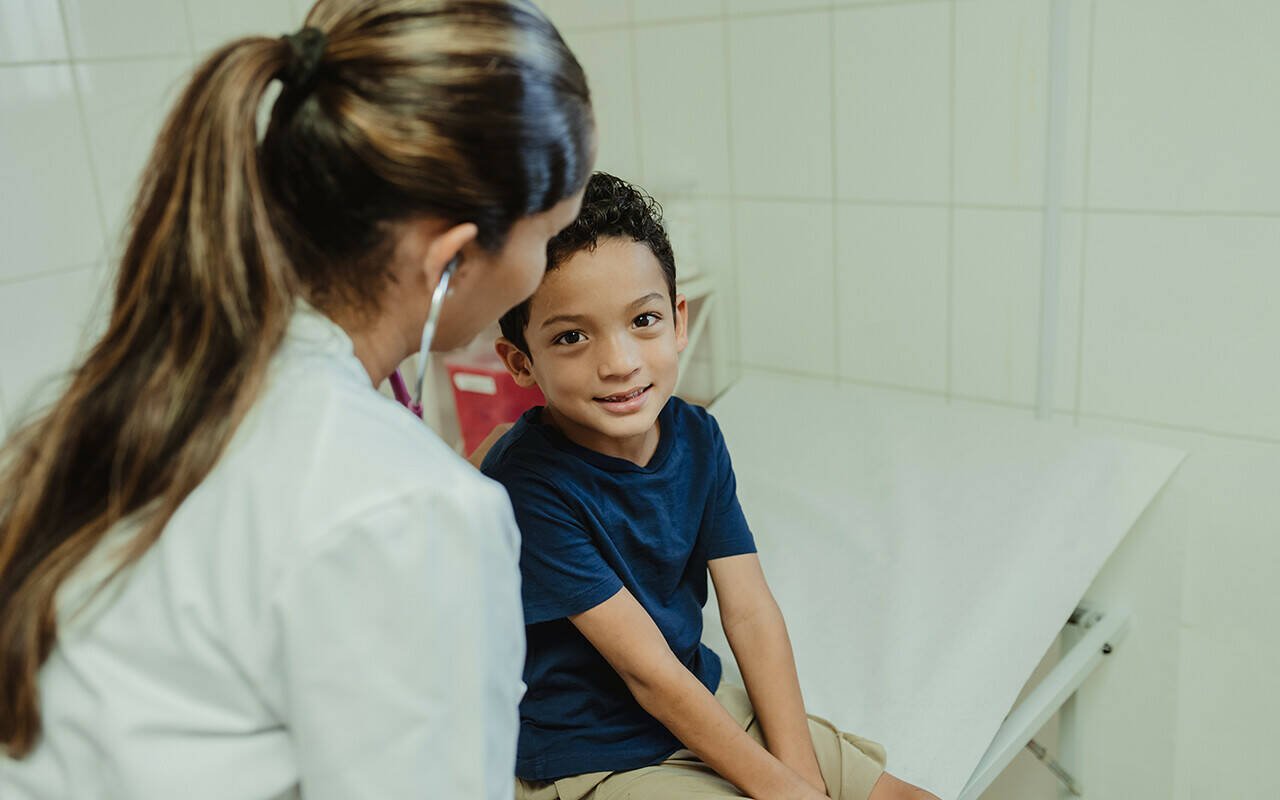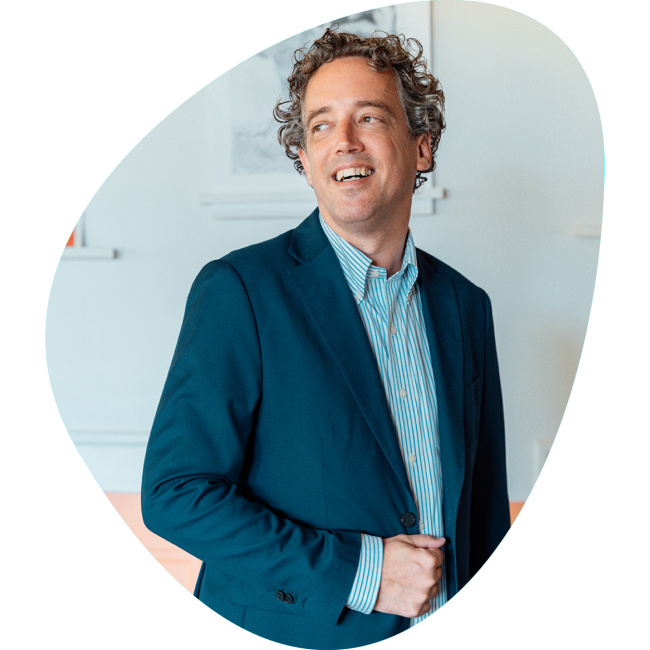English
Bureau Sostenemi is the central reporting entity for child abuse in Aruba. The bureau advises and supports others in what they can do to help these children. Also, staffers conduct conversations with families based on the reporting. The goal is to restore the safety and security of reported children. The work process is based on the treatment protocol of Bureau Sostenemi that entails specific steps within certain timeframes, for a total of 12 weeks initially. For instance, the home environment of the child has to be evaluated within five days of the first report and all responsible parties have to be identified, including Bureau Sostenemi and the parents. The process also entails the accumulation of relevant information on the family, concerns and strengths. The next step is to create a plan that includes the commitment of relatives and other care providers to ensure safety for the long term. Bureau Sostenemi, after an evaluation period, transfers the supervision to relevant care providers to guarantee safety for the child. These providers will inform Bureau Sostenemi if developments within the family are not enough to secure the safety of the child. Bureau Sostenemi has further information on its website

Bureau Sostenemi


4 min
Forensic doctor in training and Confidential Doctor at Bureau Sostenemi (Advice and Hotline for Child Abuse Aruba)
Vincent Latour
In the picture
3 different medical roles
Next article
Table of contents
Share this page
Scroll down
The confidential doctor and the forensic doctor play different roles in the web built to counteract child abuse. In principle, they complement and reinforce each other. Sometimes, general practitioners or paediatricians can take over the role of the confidential doctor. Vincent Latour explains.
The confidential doctor is partial, the forensic doctor isn’t
In a perfect world, there is no need for a confidential doctor nor a forensic doctor. In a slightly less perfect world, there is even money for both. But in times of austerity, choices are necessary to better serve the children. And for many, justice is key and for that, Aruba needs a forensic doctor.
Vincent Latour, MD, is set to become the first forensic doctor in Aruba. He is completing his specialisation after working as a confidential doctor for a year with Bureau Sostenemi.

03
Paediatricians and general practitioners
The goal is to help families better navigate conflicts so they can provide a better life for their child.
Latour states there are general practitioners who dare to take on the challenge but they need to be trained accordingly. And the Codigo di Proteccion is a valuable tool in this process, Latour concludes. And perhaps then Aruba will not need to make difficult choices about how to best safeguard children.
Latour explains that when taking on the role of a confidential doctor, the physician has to be able to hold difficult and deeply personal conversations with the family. “In my experience, the first reaction of a family when I reach out to them about their child is that ‘we want to take their parental rights away.’” Physicians must also learn to reassure the families, and to convince them that they are there to help the family make sure the child is safe. The conversations may take some time because of the nature of the questions, which are centred on stress factors, like financial or relational problems, that may contribute to an unsafe situation for the child. The goal is to help families better navigate conflicts so they can provide a better life for their child.
In principle, general practitioners or paediatricians can take over the task of the confidential doctor. “They can already report suspicious cases. But they can play a bigger role as soon as they become more familiar with the Codigo di Proteccion and are comfortable with the subject matter.”
02
The forensic doctor
Objectivity is of utmost importance to ensure a just outcome
Objectivity is of utmost importance to ensure a just outcome, Latour emphasises. “Without a concrete burden of proof, it is very difficult to convict perpetrators and that leads to mistrust in the system,” Latour states. “Also, people who have been unjustly accused can be cleared.” While a confidential doctor contributes to a better service for victims and their families overall, the choice for a forensic doctor is based on the priority of serving justice to victims.
While many may think the confidential doctor and forensic doctor do similar work, the crucial element for the judicial branch is objectivity. A confidential doctor builds up a bond with the victim and family and is no longer impartial in criminal investigations. “Ideally, we have both type of doctors in Aruba,” Latour says.
Forensic doctors conduct research on people on behalf of the police or public prosecutor. This includes cases of child abuse. While a confidential doctor is allowed to examine a child or possible victim when there is a suspicion of abuse, it is the forensic doctor who is responsible for collecting proof that can pass the judicial muster. “The doctor can establish whether the cause of the bruises matches the child’s report; for example, a child claims that their bruises were sustained as a result of tripping, but the doctor determines that the bruises were caused by a blunt object or fist.” The forensic doctor also collects DNA and semen and holds conversations with the victim, in an objective manner, on behalf of the judiciary. Any evidence is than added to that of the police. The evidence can thus lead to a conviction or acquittal.”
01
The confidential doctor
If the data suggests that the child is in a vulnerable situation, the case is put on a high burner. It becomes a priority
“A confidential doctor can call the Emergency Room for specific information, for instance, the frequency of visits of the child, and the reason for those visits. If the data suggests that the child is in a vulnerable situation, the case is put on a high burner. It becomes a priority.” The physician in that case can also dismiss abuse cases, when there is a reasonable explanation for the bruises. In any case, the case is studied and if there is a serious indication of child abuse, the next steps can be to either work with the family to help them create a safe environment within the home, keep the child away from the abusers and/or submit a criminal complaint. The latter is when a forensic doctor is of utmost importance.
A confidential doctor works on the social aspects of abuse cases, while the forensic doctor is the “judicial doctor, responsible for criminal investigations in cases of abuse and maltreatment,” Latour explains. The confidential doctor can examine the possible victim, for instance, to look for potential markings, like bruises, that may indicate abuse, and is in charge of the medical aspects in cases where public entities need to determine cases of abuse and the steps needed to address the issue. This is the only doctor that can collect medical data from the hospital. The patient’s general practitioner or paediatrician, together with the social workers, then decide on a plan of action. This way the privacy rights and legal obligations of all involved parties is upheld.
Share this page
Table of contents
English
Next article
Bureau Sostenemi is the central reporting entity for child abuse in Aruba. The bureau advises and supports others in what they can do to help these children. Also, staffers conduct conversations with families based on the reporting. The goal is to restore the safety and security of reported children. The work process is based on the treatment protocol of Bureau Sostenemi that entails specific steps within certain timeframes, for a total of 12 weeks initially. For instance, the home environment of the child has to be evaluated within five days of the first report and all responsible parties have to be identified, including Bureau Sostenemi and the parents. The process also entails the accumulation of relevant information on the family, concerns and strengths. The next step is to create a plan that includes the commitment of relatives and other care providers to ensure safety for the long term. Bureau Sostenemi, after an evaluation period, transfers the supervision to relevant care providers to guarantee safety for the child. These providers will inform Bureau Sostenemi if developments within the family are not enough to secure the safety of the child. Bureau Sostenemi has further information on its website

Bureau Sostenemi
The confidential doctor is partial, the forensic doctor isn’t
03
Paediatricians and general practitioners
The goal is to help families better navigate conflicts so they can provide a better life for their child.
Latour states there are general practitioners who dare to take on the challenge but they need to be trained accordingly. And the Codigo di Proteccion is a valuable tool in this process, Latour concludes. And perhaps then Aruba will not need to make difficult choices about how to best safeguard children.
Latour explains that when taking on the role of a confidential doctor, the physician has to be able to hold difficult and deeply personal conversations with the family. “In my experience, the first reaction of a family when I reach out to them about their child is that ‘we want to take their parental rights away.’” Physicians must also learn to reassure the families, and to convince them that they are there to help the family make sure the child is safe. The conversations may take some time because of the nature of the questions, which are centred on stress factors, like financial or relational problems, that may contribute to an unsafe situation for the child. The goal is to help families better navigate conflicts so they can provide a better life for their child.
In principle, general practitioners or paediatricians can take over the task of the confidential doctor. “They can already report suspicious cases. But they can play a bigger role as soon as they become more familiar with the Codigo di Proteccion and are comfortable with the subject matter.”
02
The forensic doctor
Objectivity is of utmost importance to ensure a just outcome
Objectivity is of utmost importance to ensure a just outcome, Latour emphasises. “Without a concrete burden of proof, it is very difficult to convict perpetrators and that leads to mistrust in the system,” Latour states. “Also, people who have been unjustly accused can be cleared.” While a confidential doctor contributes to a better service for victims and their families overall, the choice for a forensic doctor is based on the priority of serving justice to victims.
While many may think the confidential doctor and forensic doctor do similar work, the crucial element for the judicial branch is objectivity. A confidential doctor builds up a bond with the victim and family and is no longer impartial in criminal investigations. “Ideally, we have both type of doctors in Aruba,” Latour says.
Forensic doctors conduct research on people on behalf of the police or public prosecutor. This includes cases of child abuse. While a confidential doctor is allowed to examine a child or possible victim when there is a suspicion of abuse, it is the forensic doctor who is responsible for collecting proof that can pass the judicial muster. “The doctor can establish whether the cause of the bruises matches the child’s report; for example, a child claims that their bruises were sustained as a result of tripping, but the doctor determines that the bruises were caused by a blunt object or fist.” The forensic doctor also collects DNA and semen and holds conversations with the victim, in an objective manner, on behalf of the judiciary. Any evidence is than added to that of the police. The evidence can thus lead to a conviction or acquittal.”
01
The confidential doctor
If the data suggests that the child is in a vulnerable situation, the case is put on a high burner. It becomes a priority
“A confidential doctor can call the Emergency Room for specific information, for instance, the frequency of visits of the child, and the reason for those visits. If the data suggests that the child is in a vulnerable situation, the case is put on a high burner. It becomes a priority.” The physician in that case can also dismiss abuse cases, when there is a reasonable explanation for the bruises. In any case, the case is studied and if there is a serious indication of child abuse, the next steps can be to either work with the family to help them create a safe environment within the home, keep the child away from the abusers and/or submit a criminal complaint. The latter is when a forensic doctor is of utmost importance.
A confidential doctor works on the social aspects of abuse cases, while the forensic doctor is the “judicial doctor, responsible for criminal investigations in cases of abuse and maltreatment,” Latour explains. The confidential doctor can examine the possible victim, for instance, to look for potential markings, like bruises, that may indicate abuse, and is in charge of the medical aspects in cases where public entities need to determine cases of abuse and the steps needed to address the issue. This is the only doctor that can collect medical data from the hospital. The patient’s general practitioner or paediatrician, together with the social workers, then decide on a plan of action. This way the privacy rights and legal obligations of all involved parties is upheld.
In a perfect world, there is no need for a confidential doctor nor a forensic doctor. In a slightly less perfect world, there is even money for both. But in times of austerity, choices are necessary to better serve the children. And for many, justice is key and for that, Aruba needs a forensic doctor.
Vincent Latour, MD, is set to become the first forensic doctor in Aruba. He is completing his specialisation after working as a confidential doctor for a year with Bureau Sostenemi.
The confidential doctor and the forensic doctor play different roles in the web built to counteract child abuse. In principle, they complement and reinforce each other. Sometimes, general practitioners or paediatricians can take over the role of the confidential doctor. Vincent Latour explains.


4 min
Forensic doctor in training and Confidential Doctor at Bureau Sostenemi (Advice and Hotline for Child Abuse Aruba)
Vincent Latour
In the picture
3 different medical roles
